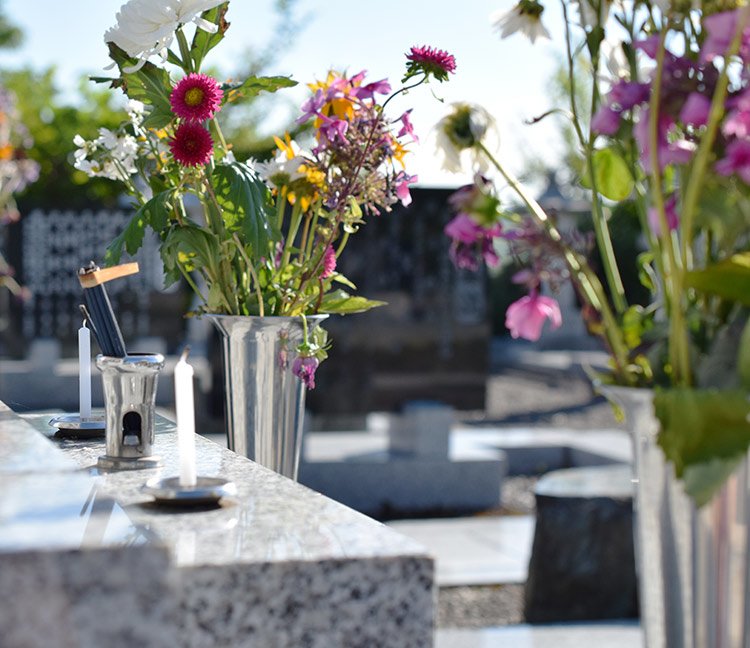Selecting a Final Resting Place after Cremation
Cremation has become more popular in the west recently and many people choose it over traditional burial services. Cremation is more affordable and can be more eco-friendly as well. Once the process is complete, you are left with remains in the form of ashes. At Willowbrook Cemetery, we encourage people to consider the final resting place for these ashes carefully. While scattering the ashes is an option, it doesn’t always offer comfort and solace to people left behind. Here’s a look at the options to consider:
1. Burying Them in a Cemetery
Many cemeteries have special plots set aside for burying ashes. You have a dedicated gravestone and a place to visit like you would in traditional burials. A gravesite is a physical reminder of a lost loved one, which means it offers a lot of comfort to family members. They can visit when their grief overwhelms them and they need to feel their loved one’s presence once again.
2. Store in a Columbarium
A columbarium has recessed compartments where you can store the ashes permanently. These compartments are clearly marked with a name, family history, and other such details so you can find the ashes quickly. A columbarium can be indoors or outdoors so you can choose an option that suits your requirements well.
3. Burying the Ashes At Home
Many people choose to bury the ashes in their backyard and plant a tree over it as a marker. This is a personal final resting place and can offer the family a great deal of comfort. You should only choose this option if you intend to stay in the house for a long time.
If you want to know more or need to book a service, just give us at Willowbrook Cemetery a call on (203) 222-8646 or contact us through our online form.





Comments